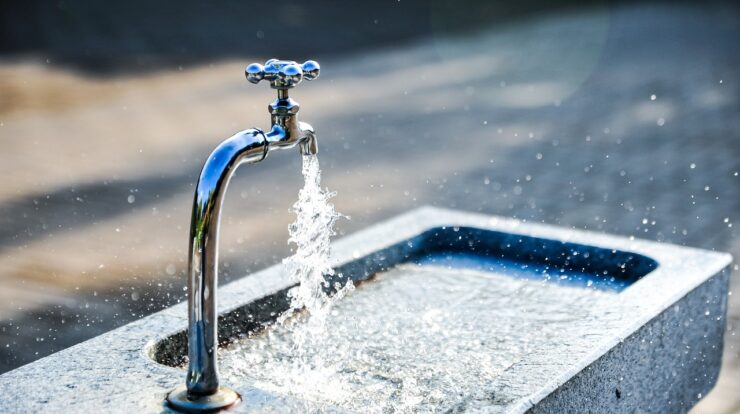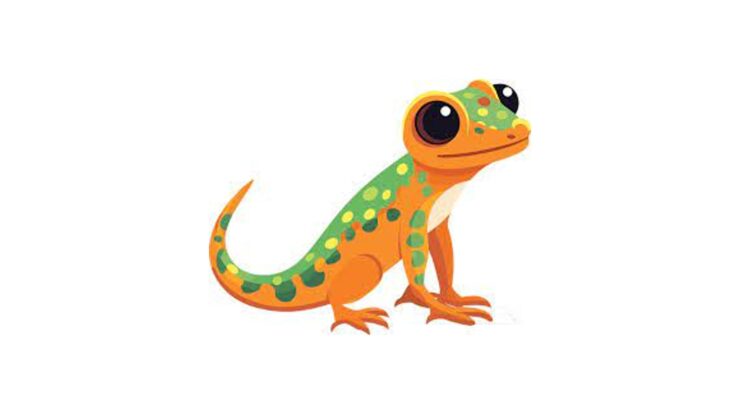
Hey, fellow leopard gecko lovers! We know that proper hydration is crucial for our scaly pals’ health and well-being, but when it comes to their water source, can leopard geckos drink tap water?
Let’s dive into this important question and explore the best ways to provide safe and clean water for your leopard gecko.
Leopard geckos can technically drink tap water that has been dechlorinated; you can dechlorinate it by letting it sit out for 24 hours or by using a water conditioner designed for reptiles. Chemicals like chlorine and chloramines in tap water can irritate the leopard gecko’s skin and stomach.
The Tap Water Dilemma
Many of us use tap water for our daily needs, but when it comes to our pets, we often wonder if it’s suitable for them.
Tap water is generally safe for humans, but it can contain minerals and chemicals that might not be ideal for leopard geckos.
What’s in Tap Water?
Tap water varies depending on your location, but it commonly contains:
- Chlorine: Added to kill bacteria and pathogens.
- Chloramines: A combination of chlorine and ammonia used in some water treatment processes.
- Fluoride: Added for dental health.
- Minerals: Natural minerals like calcium and magnesium can be present in varying amounts.
Can Leopard Geckos Drink Tap Water?
Leopard geckos are sensitive creatures, and some of the substances in tap water can be harmful to them.
- Chlorine and chloramines, for example, can irritate their skin and stomach.
- Fluoride in high concentrations may also lead to health issues.
However, some tap water is safe for leopard geckos, depending on its quality. If you’re unsure about your tap water’s safety, it’s best to err on the side of caution.
Safe Water Alternatives
To ensure your leopard gecko gets clean and safe water, consider these alternatives:
- Dechlorinated Tap Water: You can dechlorinate tap water by letting it sit out for 24 hours or by using a water conditioner specifically designed for reptiles. This can make it safer for your gecko.
- Bottled Spring Water: Bottled spring water is often a safe choice because it typically lacks harmful chemicals. However, ensure it’s not high in minerals or fluoride.
- Filtered Water: Filtration systems can remove impurities from tap water, providing a safe and convenient water source for your gecko.
Water Dish Care
No matter the water source, here are some essential tips for keeping your leopard gecko’s water dish clean:
- Daily Freshening: Replace the water in the dish daily to keep it clean and fresh.
- Cleaning Routine: Clean the water dish with hot water and a scrub brush regularly. Avoid using chemicals or soap.
- Easy Access: Ensure your gecko can easily access the water dish without any obstacles.
- Location Matters: Place the dish in a spot where it won’t get contaminated with substrate or faeces.
The water dish that is included in the leopard gecko starter kit is so small. Therefore, I decided to get a much bigger and more interesting dish from Amazon.
Here is a link of the leopard gecko watering dish I purchased on Amazon. Please remember that if you purchase this product using the link that I may get a small commission.
Observing Your Gecko
Keep a close eye on your leopard gecko’s behaviour and appearance. If you notice any signs of dehydration or illness, consult a veterinarian who specialises in reptiles.
Proper hydration is vital for their health, so it’s essential to provide them with a reliable and clean water source.
In conclusion,
While tap water can be safe for leopard geckos after dechlorination, it’s crucial to consider the quality of your local tap water. If in doubt, opting for alternatives like bottled spring water or filtered water can be a safer choice.
Your leopard gecko’s well-being is a top priority, so make sure they have access to clean and safe hydration! 🦎💧


